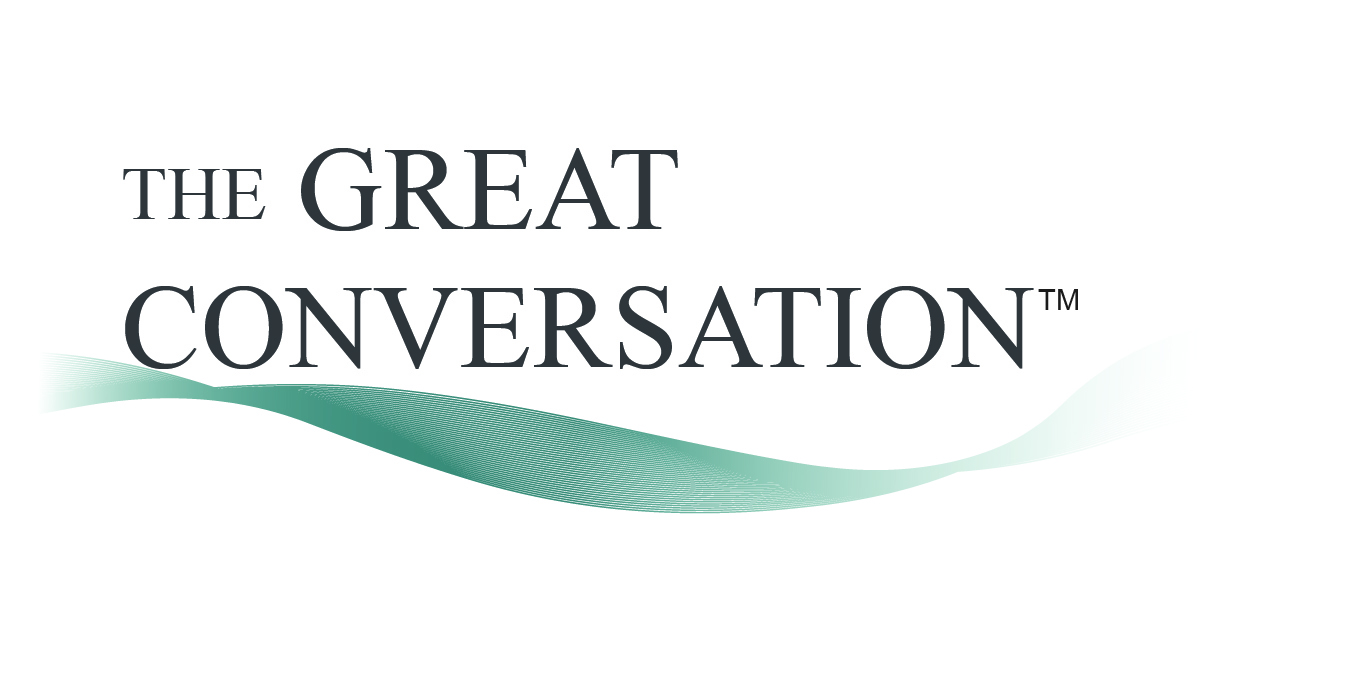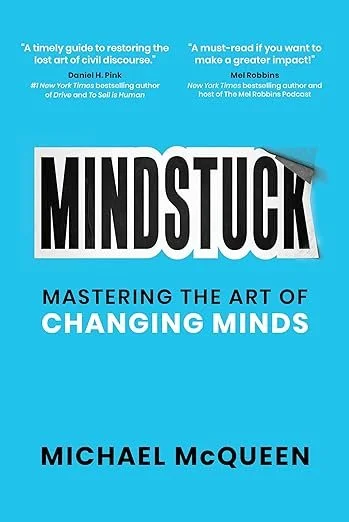Change is a challenge for all of us.
I have a Great Conversation with author and social researcher. Michael McQueen about the premise of his new book, Mindstuck. Mastering the Art of Changing Minds.
We dove right in. Michael immediately got to the root of the issue of being stuck. He said that the most open minded among us still have something that they would struggle to revise… it’s called “identity”. .
And if the change is perceived to attack the very nature of who we think we are in the world, it will influence our response. It is visceral, isn’t it?
“I am of two minds.” How often we have said that. And how true it is. We have an inquiring mind: the logical and rational mind. This mind takes its time and takes our energy. We have another mind; the instinctive mind commonly associated with pattern recognition allowing us to rapidly respond, especially when we feel threatened.
Michael says if we want to change someone’s mind, we must focus on the instinctive. The most powerful threat is not change, it is loss. Loss of control, loss of identity, loss of certainty about how our world works and our place in it.
Our businesses would call that a “sunk cost”: whereby a person is reluctant to abandon a strategy or course of action because they have invested heavily in it, even when it is clear that abandonment would be more beneficial. (Oxford dictionary)
This response threatens the core of our identity. We discuss how our worldview is being constructed over time, even within the context of the organizations we work for. If I have invested in education, in training, in my career up to a given point, and my company is going through digital transformation that changes my role and my measures of success, it will feel like an attack on my identity. And then, Michael suggests, this invokes the unraveling effect. If this one thing is not true what else is not true; about myself, others, and the world.
Michael has some suggestions. Change the focus from your idea to theirs. Become a guide. Take them on a walk side by side. We need time and space to consume the idea, walk with the idea, and share the idea on a mutual path to value.. As Robert Frost said:
“I am not a teacher, but an awakener.”
If you take this approach you will:
Take time to listen. People who listen are more likely to be listened to..
Practice self deprecation and vulnerability. Be open and honest about the journey of your own.
Acknowledge you don’t have all the answers… Seek collaboration. Be co-contributors to a new idea; a new way.
My final question to Michael was: “What is your hope for your work in the world?” His answer was profound. I hope you feel the same way when you listen to this Great Conversation.


